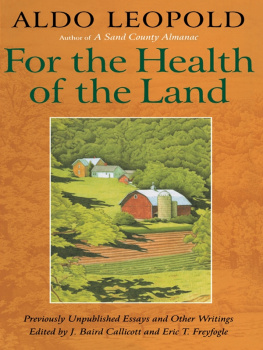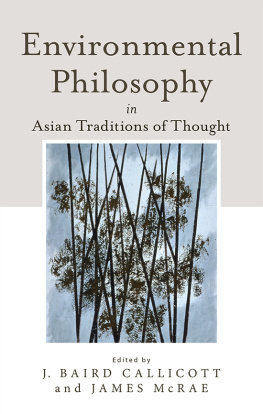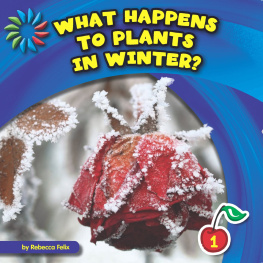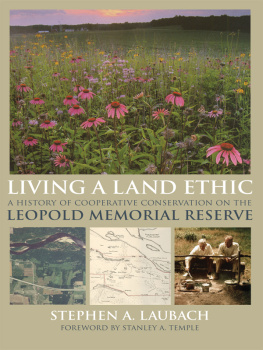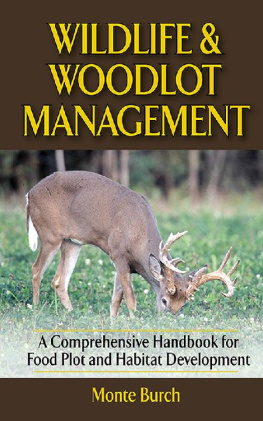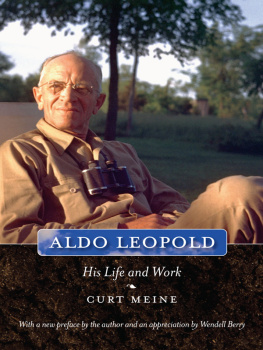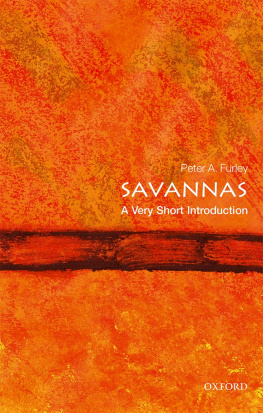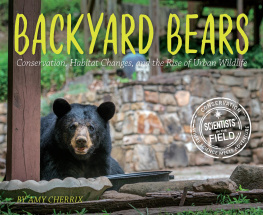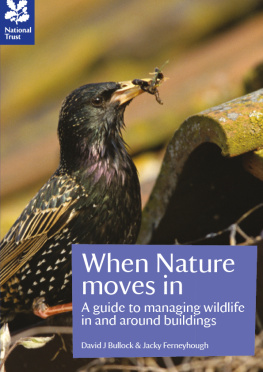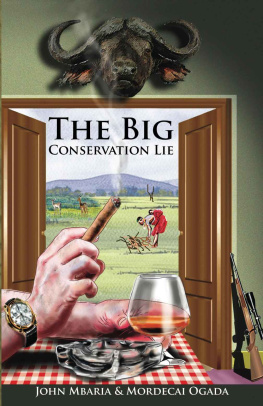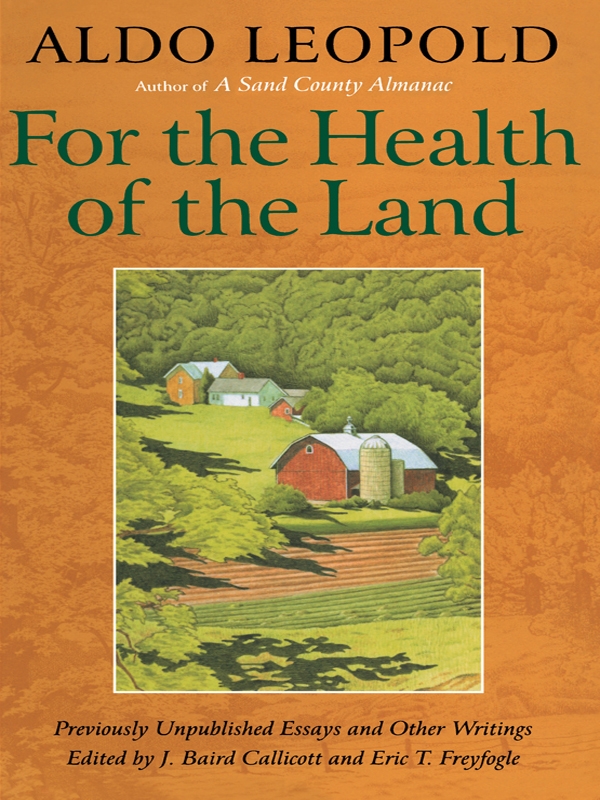W E THANK the Aldo Leopold Foundation for permission to publish the writings of Aldo Leopold included in this book, and we especially thank Nina Leopold Bradley and Buddy Huffaker for their help, support, and advice. At Island Press, our thanks go to Daniel Sayre, editor-in-chief, for immediately seeing the value of this book and expediting its publication; to Jonathan Cobb, executive editor of the Shearwater Books division, for his editorial advice and his management of the book through the production process; to Lea Kleinschmidt, editorial assistant; to William LaDue, production director, and Christine McGowan, production editorial supervisor; to Abigail Rorer, illustrator; and to Pat Harris, copy editor.
The biographical information about Aldo Leopold included in the introduction is based on Curt Meine, Aldo Leopold: His Life and Work (Madison: University of Wisconsin Press, 1988). Curt Meine also provided valuable comments on drafts of the introduction and the afterword. Bernard Schermetzler, archival custodian of the Aldo Leopold papers at the University of Wisconsin-Madison, was gracious in helping us locate the Leopold essays, often in multiple drafts, included in this book. Finally, we thank Julie King and Maria Berger of the University of Illinois College of Law for proofreading the transcriptions of the Leopold essays included here.
J. Baird Callicott
Eric T. Freyfogle
Afterword
Stanley A. Temple
T ODAY, WE take for granted the ease with which landowners wanting to aid wildlife can obtain sound technical assistance. For example, a search for information on just one related subject, bird feeding, produces a list of more than 760 titles in print and directions to more than 1,500 Internet sites. Once primarily an act of conservation, bird feeding has become a popular spectator sport, with a multimillion-dollar industry providing food and feeders to an estimated 52 million American households. Other thriving businesses specialize in publications, products, and services to assist wildlife enthusiasts in the management of their lands. I should know; as a rural landowner who practices conservation and restoration on my own property, I find my mailbox bombarded regularly with promotional material.
Moreover, conservation organizations such as the National Wildlife Federation sponsor significant outreach programs to promote backyard wildlife, and private consultants providing habitat-management information can make a comfortable living catering to the needs of concerned landowners. Government agencies and land grant universities employ a small army of extension specialists to give advice on wildlife conservation, and an array of government-funded incentive programs encourage landowners to follow that advice. Since the late 1980s, one such program, the U.S. Department of Agricultures Conservation Reserve Program, has prompted landowners to convert 50 million acres of cropland to long-term wildlife cover. Today, no landowner interested in helping wildlife should fail for lack of either advice or assistance.
It is hard to imagine that in the late 1930s and early 1940s, when Aldo Leopold was writing the essays collected in this volume, conservation-minded landowners had few places to turn for encouragement and guidance. The science of wildlife management was just beginning to take shape under Leopolds intellectual leadership, and no trained professionals worked yet in the field. That is, there were no professionals in the field until 1933, when Leopold began training them in his revolutionary program at the University of Wisconsin, using as a text his just-published Game Management, the worlds first book on the subject. There was not even much published information on such now-commonplace activities as bird-watching until A Guide to Bird Watching appeared in 1943, written by one of Leopolds students, Joseph Hickey. In the conservation world of the day, a niche was open for Leopold to occupy, and he stepped into it with authority.
As a new professor of game management in the College of Agriculture at one of the countrys premier land grant universities, Leopold began at once to develop a wildlife outreach program, in addition to meeting classroom and research obligations. Outreach was particularly appropriate work at the University of Wisconsin, with its strong tradition of providing educational opportunities to ordinary citizens. Leopold began monthly broadcasts over the university extensions radio station, aimed largely at farmers and other rural landowners. These radio talks, beginning with Building a Wisconsin Game Crop in 1933, covered the same practical topics as the essays collected here in A Landowners Conservation Almanac. The following year, Leopold began offering a Farmers Short Course in wildlife conservation for landowners and their families who came to the university to learn about new developments. As best as we can tell from outlines of the month-long course and Leopolds lecture notes, the subjects he wrote about in the Wisconsin Agriculturist and Farmer and other popular publications were first presented in this course.
Like many professors, Leopold also included field demonstrations among his outreach activities. Most faculty members in schools of agriculture carried out field trials of new farming practices on the universitys network of experimental farms, where touring farmers could inspect the latest agricultural techniques. Leopold took a distinctly different tack. He convinced the university to let him experiment on abandoned crop fields in its newly acquired, 500-acre Arboretum and Wild Life Refuge. There, Leopold tested not new production methods but new ideas for restoring farmland that traditional agriculture had severely degraded. Leopold described the arboretums innovative goal in his keynote address at its 1934 dedication: Our idea, in a nutshell, is to reconstruct, primarily for the use of the University, a sample of original Wisconsina sample of what Dane County looked like when our ancestors arrived here during the 1840s. The arboretum would, he hoped, serve as a benchmark, a starting point, in the long and laborious job of building a permanent and mutually beneficial relationship between civilized men and a civilized landscape.
Leopold also used his own rural property in Sauk County as a now-famous sand-county proving ground for his ideas on ecological restoration. Other field trials of wildlife conservation practices took place under Leopolds guidance on privately owned farms, some of which are featured in his essays: the Riley Game Cooperative, the Faville Grove Wildlife Experiment Area, and the Coon Valley Erosion Project. Ecological restoration has become legitimate today, even fashionable. But Leopold no doubt raised eyebrows among his colleagues when, as an upstart professor in the College of Agriculture, he demonstrated how to take land out of agricultural production.
The publication of popular essays in the Wisconsin Agriculturist and Farmer, the Wisconsin Conservation Bulletin, and other magazines was the third component of Leopolds ambitious outreach program, an endeavor for which he clearly had high hopes. Those hopes were not always realized, however. An early project to write and publish a Farm Manual foundered for lack of support. Leopolds series in the Wisconsin Agriculturist and Farmer, after thriving for a time, was terminated by the editor, apparently because it began to swerve too far out of the game-crop furrow into the wildlife field. The Wisconsin Agricultural Society did publish a pamphlet collection of some of Leopolds WAF essays, but several potential publishers, including the College of Agriculture and the Wisconsin Conservation Department, turned down the chance to publish the more comprehensive handbook for rural land management that Leopold proposed.

